Publications
Articles, publications, books, tools and multimedia features from the U.S. Institute of Peace provide the latest news, analysis, research findings, practitioner guides and reports, all related to the conflict zones and issues that are at the center of the Institute’s work to prevent and reduce violent conflict.
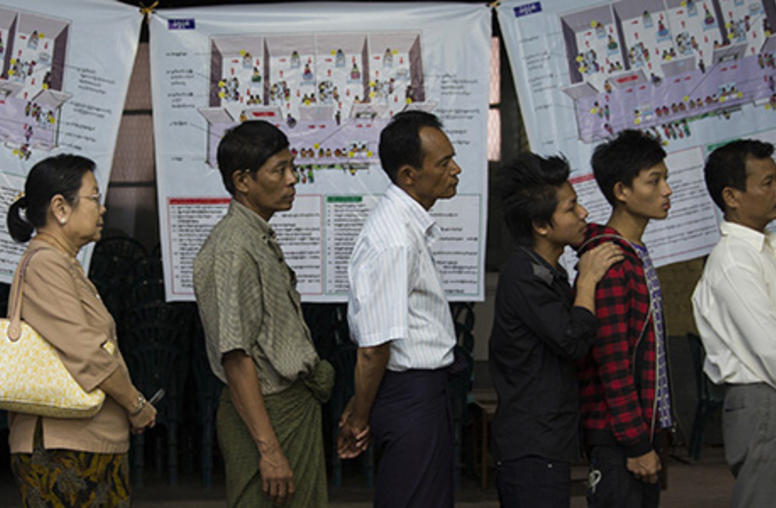
Q&A: Myanmar Voters Cast Ballots for Democracy
Myanmar’s transition to representative democracy took a critical step on Nov. 8 as the nation held the first general election since almost 50 years of military rule ended in 2011. While ballots are still being counted, the National League for Democracy, led by Nobel Peace Prize laureate Aung San Suu Kyi, appears headed to winning control of parliament. Priscilla Clapp, a former American diplomat in Myanmar and U.S. Institute of Peace specialist on the country, discusses the implications of th...
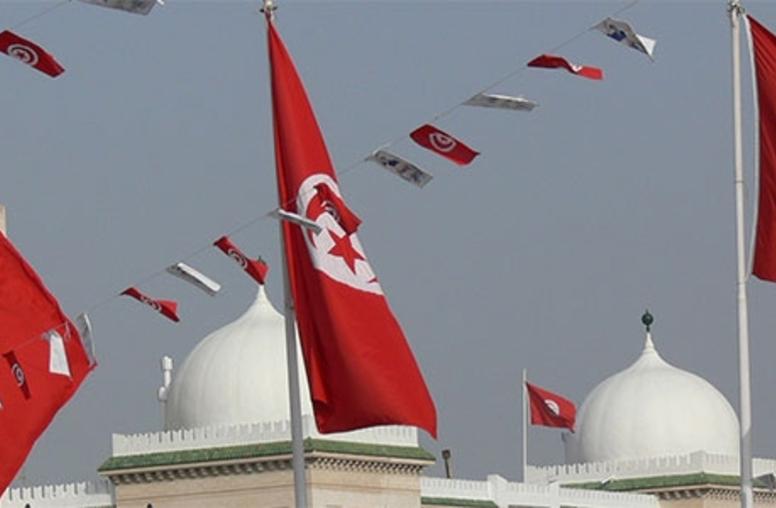
In Tunisia, Economic Crisis Threatens Political Progress
The relative stability of Tunisia’s politics—achieved through a “national dialogue” whose mediators won the Nobel Peace Prize—is largely holding. Within a broad, governing coalition, Islamists, secularists, trade unions and employers all jockey for advantage in the usual democratic ways. But beneath the comparative calm, an economic crisis threatens the political gains of the only country building a democracy from the Arab Spring uprisings of 2011.
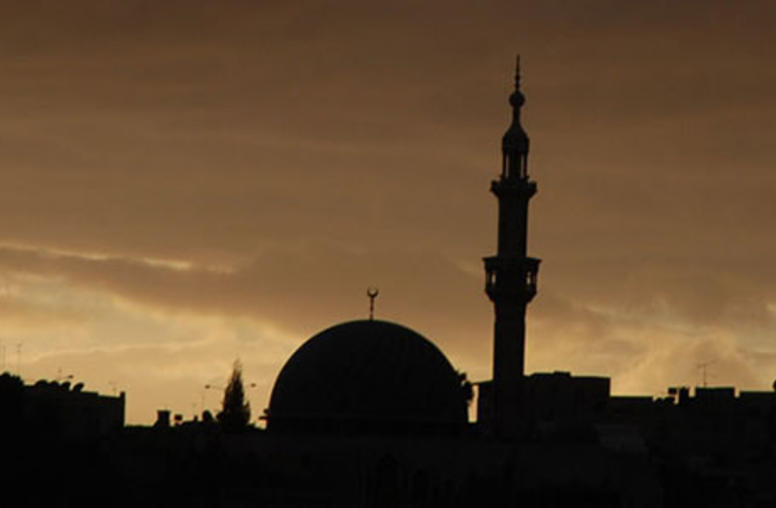
Is Islam to Blame for Its Extremists?
Ayaan Hirsi Ali and Manal Omar continue their debate on the Quran, the Islamic State, and how to save the religion.
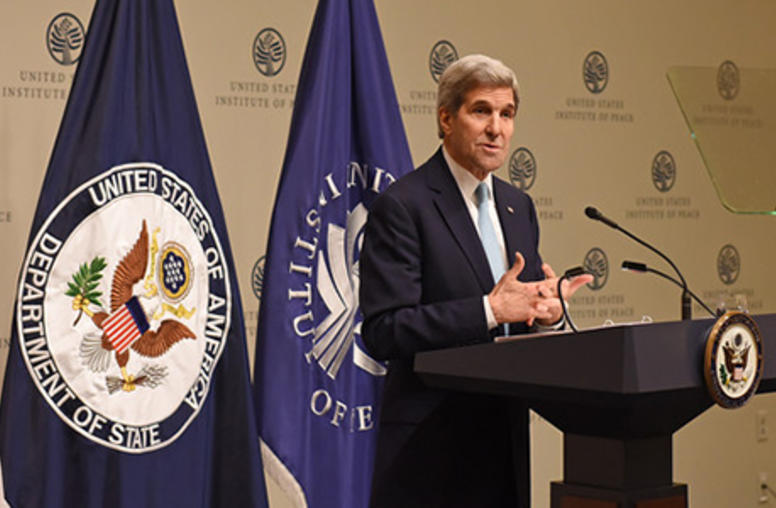
Kerry Says Assad Staying as Syrian Leader Is a "Non-Starter"
Secretary of State John Kerry, in an address at the U.S. Institute of Peace on the U.S. approach to the war in Syria, reinforced the administration’s firm opposition to allowing President Bashar al-Assad to remain in power under any resolution to the 4 ½-year conflict. Before leaving the U.S. today to resume talks on Syria in Vienna, Kerry pledged accelerated U.S. diplomatic and military efforts to end the fighting and defeat the self-styled “Islamic State” extremist group.
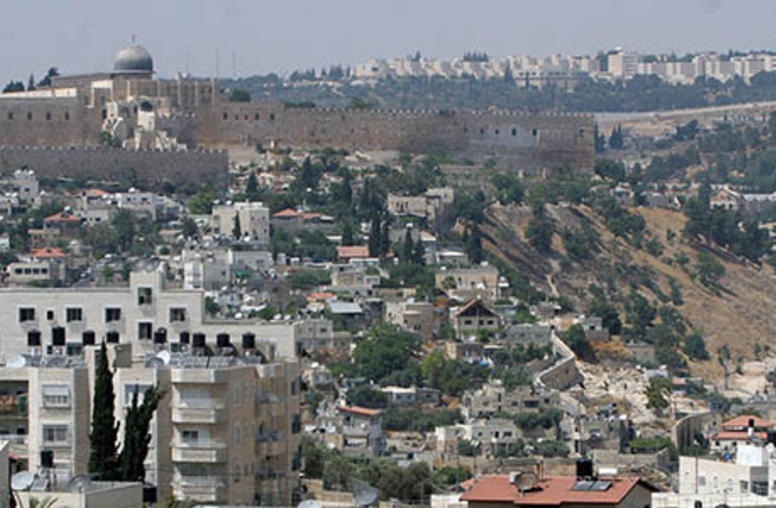
Can Anything Save the Israeli-Palestinian Peace Process?
As the decades-long struggle threatens to boil over, there are four concrete steps the international community can take to help the peace along.
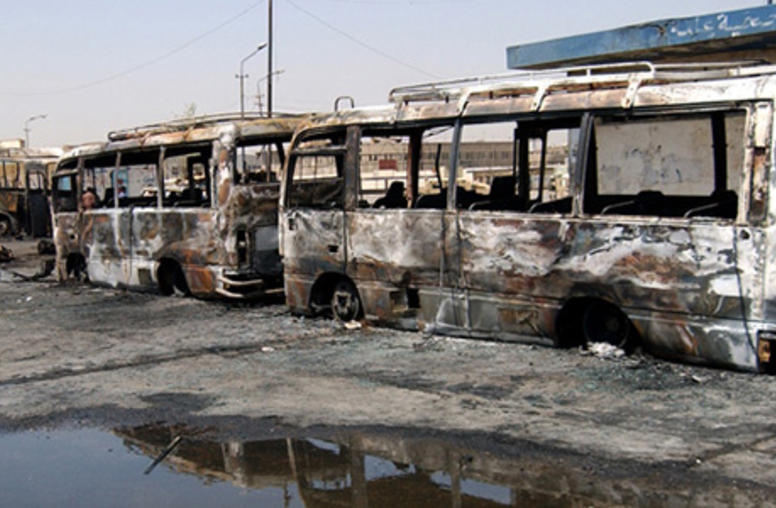
Terrorism Study: ISIS Isn’t the Deadliest Extremist Group
Worldwide deaths from terrorist incidents jumped 80 percent in 2014 compared with the year before and were concentrated in five major conflict zones, according to the third annual Global Terrorism Index, released November 17. While that conclusion was unsurprising, the index included less obvious findings with implications for policy makers who have to tailor solutions to specific countries and regions, according to experts who discussed the study at the U.S. Institute of Peace.
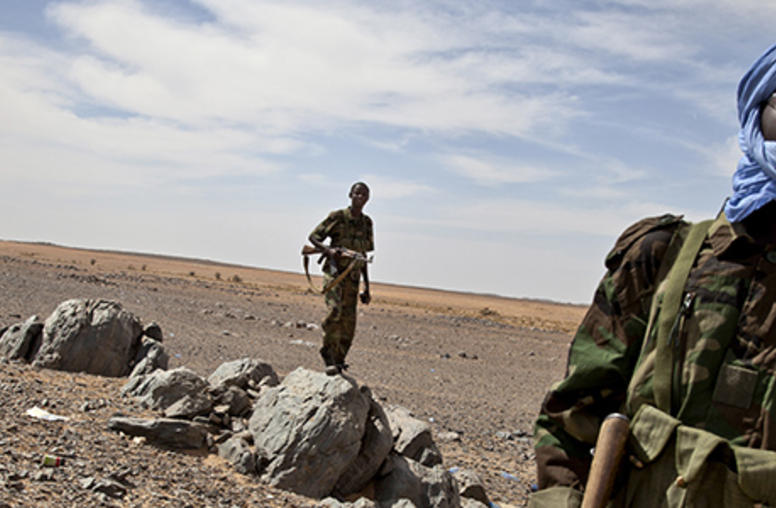
Q&A: The Siege in Mali
As militant gunmen seize a hotel in the capital of the West African state of Mali, U.S. Institute of Peace Program Specialist Emily Fornof offers context for the incident. Fornof served as a Peace Corps volunteer in Mali, and is conducting graduate research on the country’s conflicts at George Mason University.
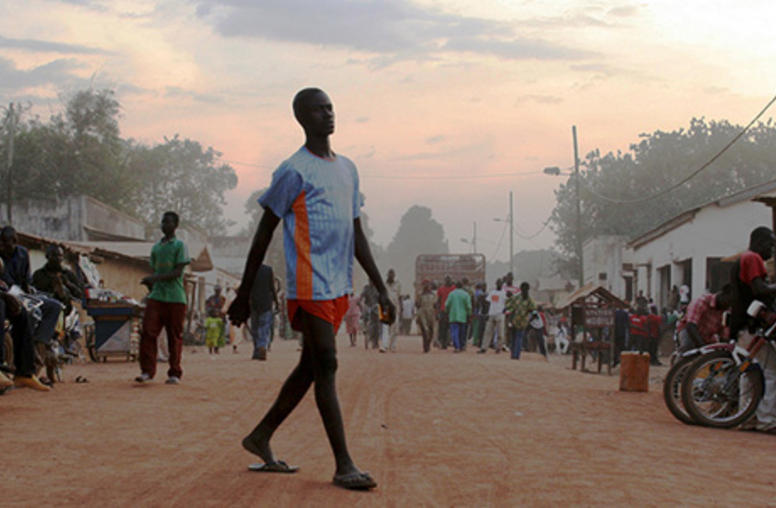
Risk to Central African Republic Lies in Avoiding Mistakes of the Past, Experts Say
The future of the Central African Republic rests in part on whether the international community can avoid mistakes of the past by supporting its development for the long haul and building institutions and infrastructure rather than abandoning the country after elections later this month, a group of experts said at an event organized by the U.S. Institute of Peace.
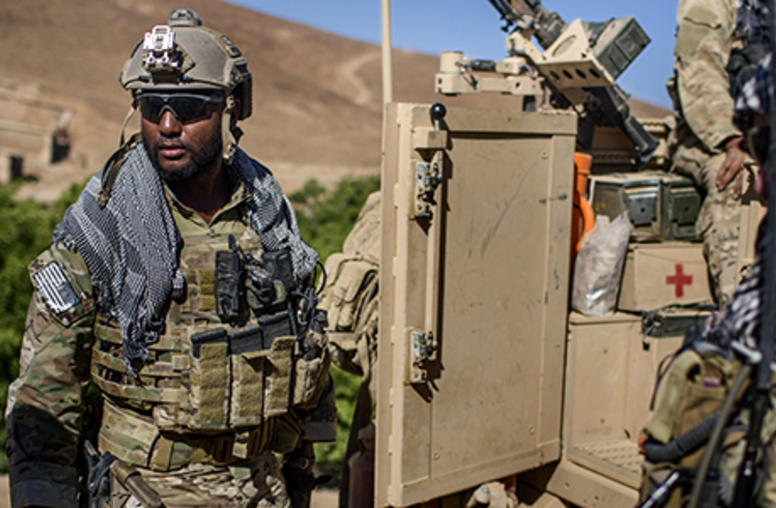
Poor Planning, Coordination Cited in Afghan Intervention
Failings by the United States and its NATO partners in the early stages of the 15-year-long war in Afghanistan have prolonged that country’s need for international troops and economic help, U.S. and German officials said in a recent forum at the U.S. Institute of Peace that examined the lessons learned during the past decade.
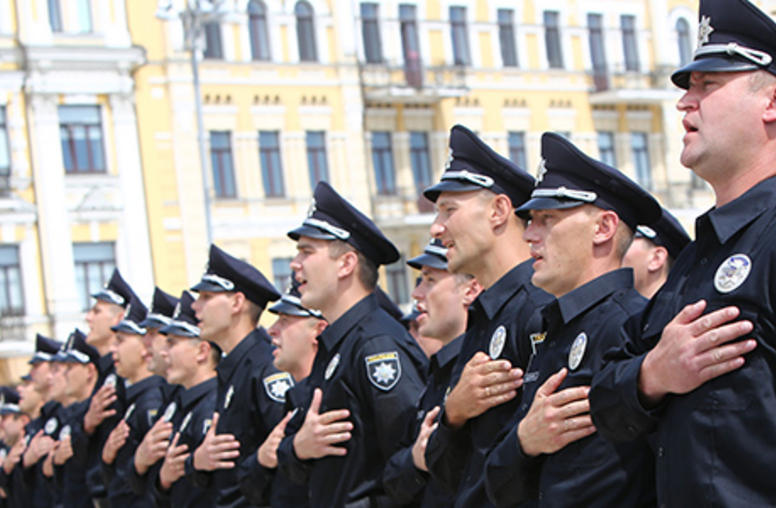
Corruption Poses Unparalleled Threat, U.S. Official Says
Corruption is an unparalleled threat to democracy and prosperity that costs the global economy as much as $2 trillion a year, and it will require the approach of a marathon rather than a sprint to eradicate the scourge, according to William Brownfield, the U.S. assistant secretary of state for international narcotics and law enforcement. Victories like the current transformation of Ukrainian traffic police from reviled bribe takers to respected public servants give citizens the kind of hope n...